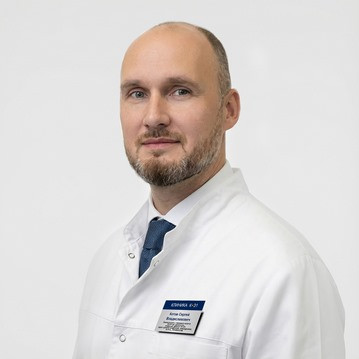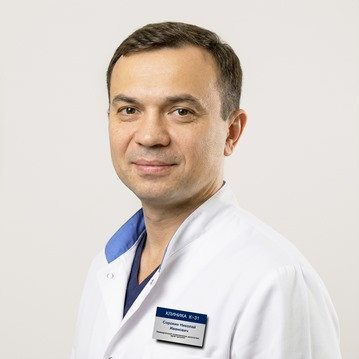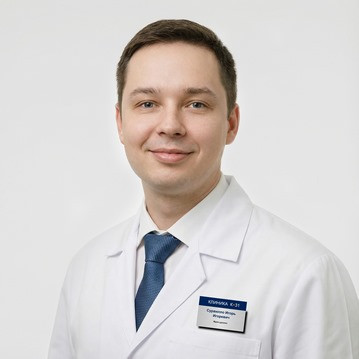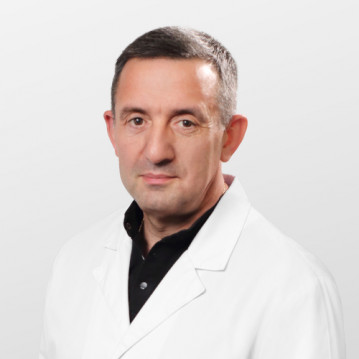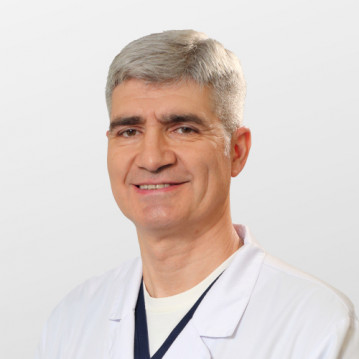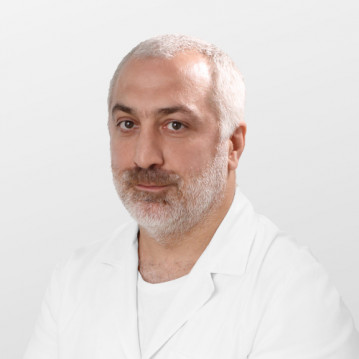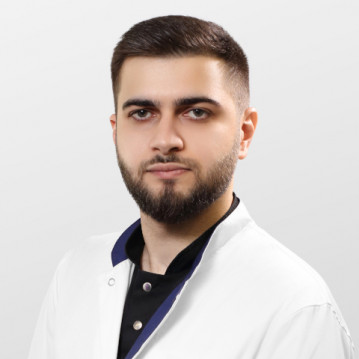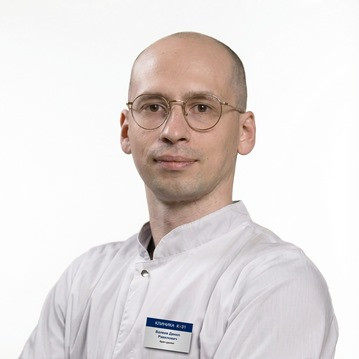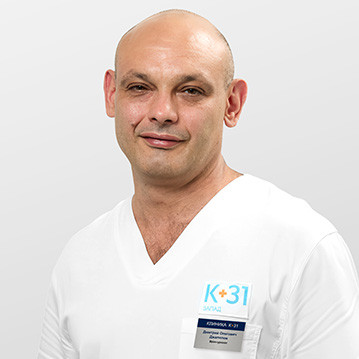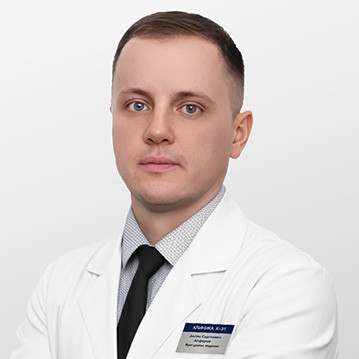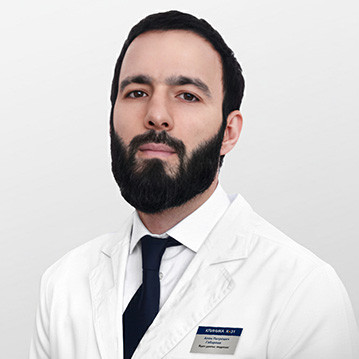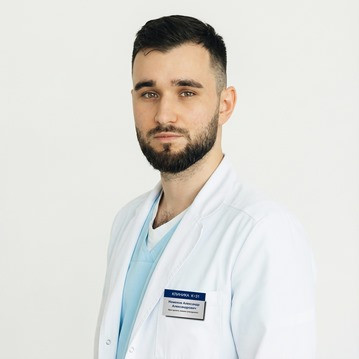Are you constantly tired, unexplained weight loss and pain in the perineum? Sign up for diagnostics to the multidisciplinary clinic "K + 31" in Moscow to rule out prostate cancer.
Prostate cancer is an oncological disease. It is characterized by uncontrolled division of tumor cells, growth into adjacent tissues and spread with the formation of secondary foci (metastases).
Causes and risk factors
Malignant neoplasm of the prostate is diagnosed mainly in older men. Among patients over 60 years of age and older is the most common cancer. The exact cause of the degeneration of prostate cells gland has not yet been established.
Predisposing factors include:
- age-related changes in the body;
- burdened heredity (cases of the disease in male relatives);
- work activities associated with exposure to carcinogens (for example, gamma radiation or heavy metals);
- Lynch syndrome (an autosomal dominant genetic disease with DNA damage);
- malnutrition (the presence of a large amount of animal fats and GMOs in the diet);
- alcohol, nicotine and drug addiction;
- environmental factors (magnetic radiation, polluted air, etc.);
- carriage of certain viruses (cytomegalovirus, retrovirus and herpes pathogen);
- Suppressor gene mutations (BRCA1 and BRCA2).
Please note: Race has a certain meaning. The lowest incidence is found among inhabitants of the Asian continent.
The most common malignant tumor of the urogenital system is prostate adenocarcinoma, derived from glandular cells. Other forms of cancer (transitional cell and squamous cell) are diagnosed much less often.
Symptoms of prostate cancer in men
In the early stages, the course may be asymptomatic, so it is important for men to undergo an annual screening screening for cancer markers. Adenocarcinoma of the prostate at the initial stage of development is detected as usually by chance during an examination for another pathology.
The disease makes itself felt when the tumor grows into the intestines and bladder or has metastasized. More often distant secondary foci are found in the bones.
Please note: Signs of oncology in the body in men may be seals in the tissues of the testicles and a feeling heaviness in the area of the external genital organs.
Symptomatic increases gradually (over several years), so when the slightest negative changes appear you need to hurry to the doctor. The earlier oncology is detected, the higher the chance for a complete clinical recovery.
Symptoms of prostate cancer in the early stages are non-specific. They are similar to the manifestations of a benign neoplasm. (adenomas), since in both cases there is an increase in the size of the gland with compression of the urethra and bladder.
The first signs of prostate cancer include the need to get up 2-3 or more times at night to empty bladder. In the daytime, imperative urges occur 15-20 times. During the act of urination, the patient feels burning and pain.
Often there is incontinence (leakage) of urine and the appearance of a constant pain syndrome with localization in the area pubis or perineum.
As the tumor compresses the urethral canal and makes it difficult to pass urine, there are difficulties in the beginning urination. To empty the bladder, the patient has to strain the muscles of the abdominal wall.
The stream of urine is intermittent, and after visiting the restroom there is a feeling of incomplete release of the bladder. Residual urine can rise in the opposite direction, provoking infectious and inflammatory complications (for example, pyelonephritis).
Against the background of damage to the renal structures, a man develops intense girdle pain in the lumbar region. Maybe the development of urolithiasis, i.e. the appearance of calculi (stones).
When the tumor completely blocks the urethra, acute urinary retention develops. In that case requires emergency medical care (insertion of a catheter).
Symptoms of advanced prostate cancer in men:
- weight loss for no apparent reason (weight loss or cachexia);
- permanent feeling of fatigue, not associated with physical activity;
- pale skin tone;
- hyperhidrosis (excessive sweating) at night;
- hematuria and blood in the seminal fluid (indicates damage to the vessels of the urethral canal and testes);
- swelling of the external genital organs (indicates metastases in regional lymph nodes);
- pain during bowel movements, ribbon-like stools and chronic constipation (when the tumor grows into the rectum).
If the sensitive nerve endings of the penis are affected, erectile dysfunction develops. Late stages (with metastasis) there are intense pains in the spinal column and pelvic bones.
Diagnosis
First of all, the urologist takes an anamnesis (including family history) and conducts a physical examination, including rectal palpation of the gland.
If compacted areas are detected during a digital examination, the patient is referred for a biopsy, followed by cytological and histological analysis of tissue samples.
To detect pathologies of the prostate, a laboratory test is performed for the level of free and associated prostatic specific antigen. According to the current clinical guidelines for prostate cancer, the acceptable level PSA for patients under 60 years of age ≤1.4 ng/mL.
Sonography (ultrasound), which is performed transrectal. Transabdominal ultrasound scanning is necessary to assess the condition of neighboring organs.
The germination of a neoplasm in nearby tissues is determined during multiparametric magnetic resonance imaging tomography. Contrast MRI shows, for example, whether the seminal vesicles are affected.
